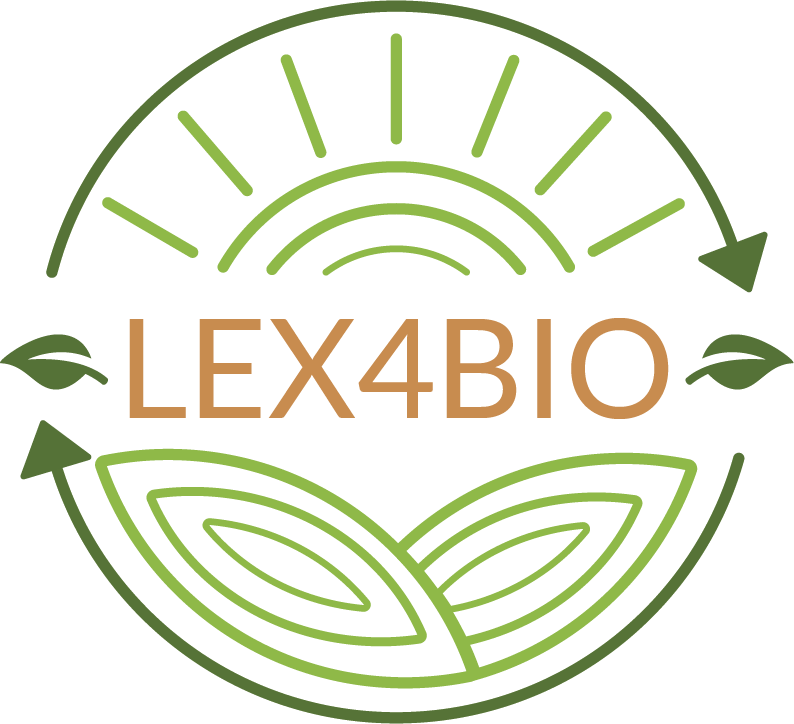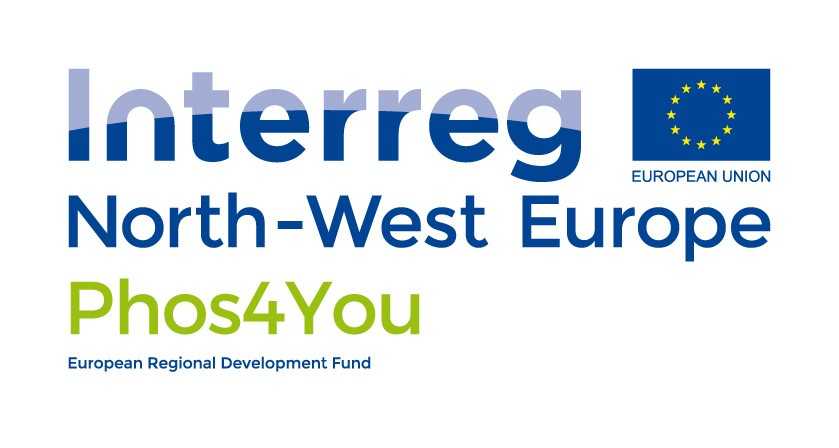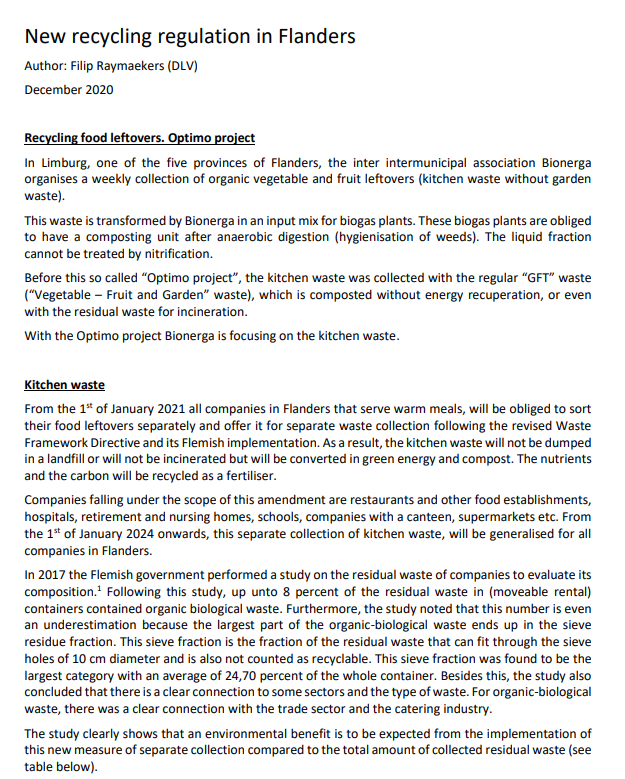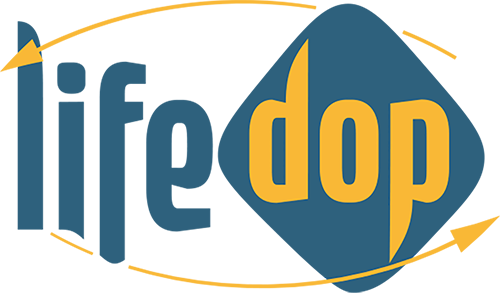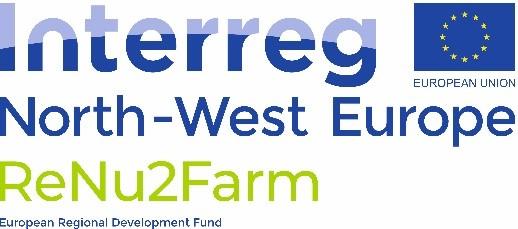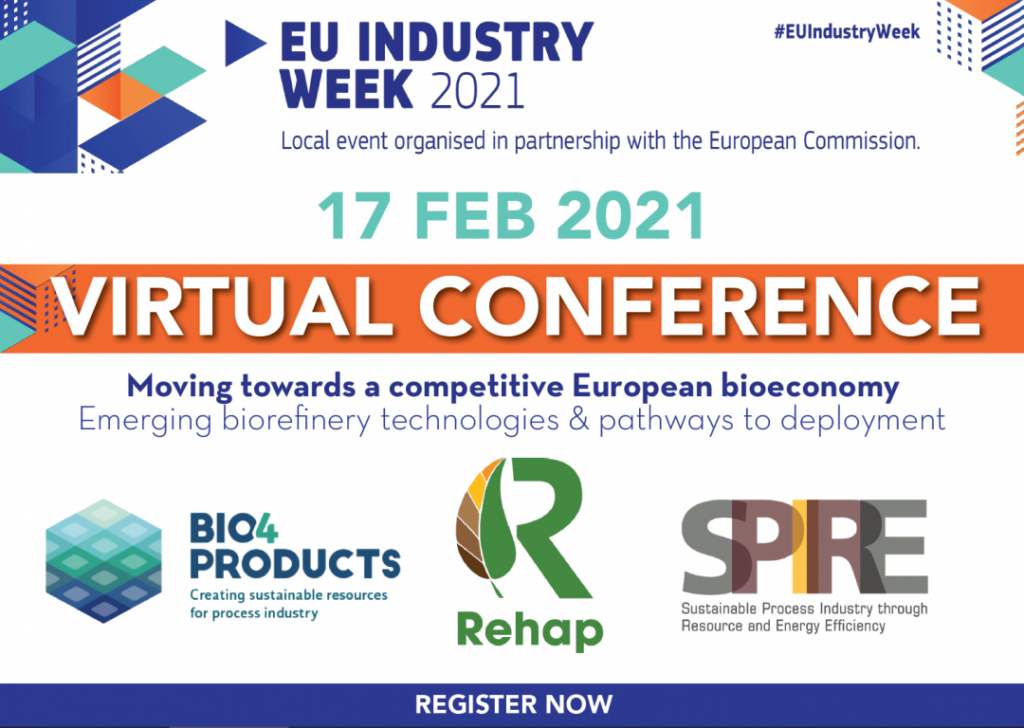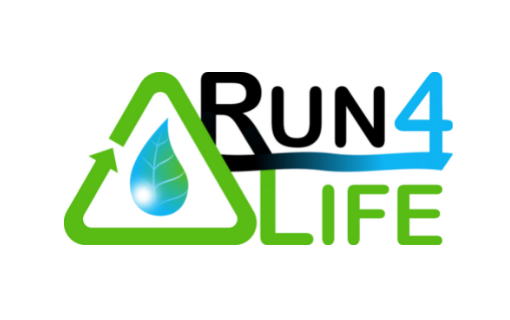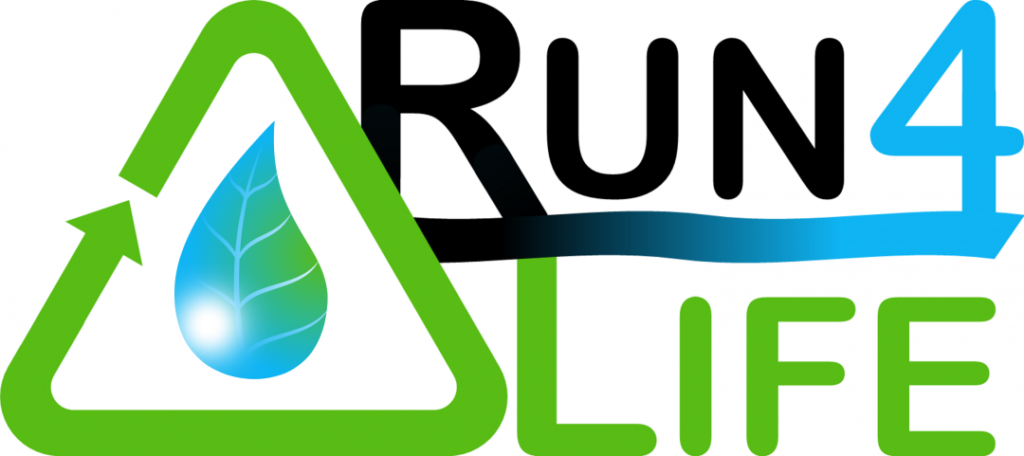LEX4BIO aims at optimising usage of bio-based fertilisers (BBF) from side-streams, ensuring their safety, building evidence-based trust in their usage and developing legislative framework for their use in order to reduce dependence upon mineral/fossil fertilisers, benefiting the environment and the EU’s economy. […]
Latest news from LEX4BIO
